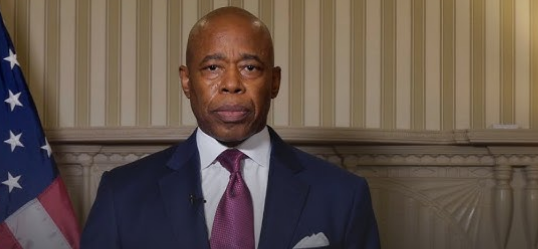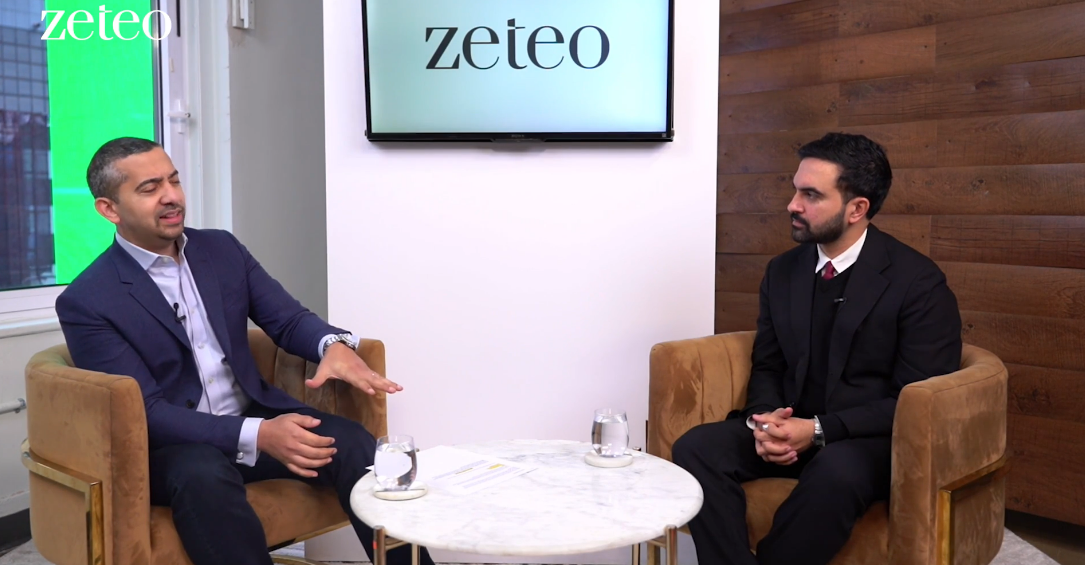Photo: Twitter
Once recently nominated Black economists (Professors Lisa Cook and Philip Jefferson) are confirmed by the US Senate, the Federal Reserve Bank (FED) will have two Black Americans seated on its seven -membered Board of Governors for the first time. The two Black Governors will have an opportunity to play their most important roles as members of the twelve-membered FED Open Market Committee (FOMC), which determines monetary policy actions.
A third Black economist, Professor Raphael Bostic who is President of the Atlanta FED, may also serve on the FOMC from time-to-time as a voting member.
In the past, only one Black economist was appointed to the FED Board of Governors at any one point in time—beginning with the appointment of the late Andrew Brimmer in 1966. There have been long spells of no Black members on the Board of Governors or on the FOMC.
What can the three high-ranking Black FED officials do to enhance economic outcomes for Black America?
First, we must ask: What is the FED’s job? Answer: Mainly t o use available monetary policy tools to ensure economic growth, while keeping inflation in check. Also, the FED has responsibility for supervising and regulating certain financial institutions and markets.
A priori one might think that these three Black FED officials can move aggressively to enhance economic outcomes for Black Americans. This commentary is to caution against expecting too much. Just as Barack Obama was the President for all Americans, the new additions to the FED’s Board of Governors must serve as governors for the nation’s central bank broadly.
That is not to say that the three Black FED officials cannot take certain pointed actions to improve economic outcomes for Black Americans at the margin. However, we must be aware that, given the current composition of FED personnel, these Black FED officials will serve essentially as three chocolate sprinkles on the top of an ice cream cone.
The other sprinkles—i.e., the remaining members of the Board of Governors and of the FOMC—will be vanilla, and most of the ice cream is vanilla. White FED officials perform most of the research and they formulate most of the policies that are put forward to the FED Governors and to the FOMC for decision. Keep in mind that, as in most bureaucracies, while the top appointees come and go, it is the permanent non- appointed officials who manage most outcomes. Granted, there are exceptions to this rule.
There will be plenty of opportunities for the three Black FED officials to jawbone on behalf of Black America. However, vocalizing policies that sound good is quite different from actually ensuring the adoption and implementation of such policies.
Realistically, what can these three Black FED officials attempt to achieve. First, they can lobby for preserving economic expansions longer than they would be maintained otherwise so that Black Americans, who are generally the last group to join the party, can have an opportunity to benefit from those expansions. Second, at the trough of business cycles that result from a tightening of monetary policy, they can lobby for early easing of interest rates so that Black Americans suffer less from recessions.
Unfortunately, both postures may result in more inflation. Fortunately, the FED has modified its inflation target policy recently and may agree to further modifications of that policy to facilitate such postures. Given business cycles in countries around the world over the past three decades, one stylized fact is true and favorable in this regard: Central bankers certainly prefer a modicum of inflation over deflation.
On the financial supervision and regulatory fronts, the three Black FED officials can seek to create conditions for: (1) The development of new, and the expansion of existing, Black- owned/controlled financial institutions; and (2) elimination of still existing racial discriminatory practices by certain financial institutions. We all know that Black businesses and households would benefit greatly from increased access to more financial capital.
There are at least two additional important matters that should be undertaken by the three Black FED officials: (1) They should prioritize the hiring of more Black Americans at the FED so that, in time, Black Americans play a more integral role in policy decisions up and down the FED hierarchy; and (2) they should collaborate to formulate a strategy that will enable the FED to facilitate the payment of Reparations to Black Americans—should the US Government ever decide to move on this critical issue.
The stakes are high.
These Black FED officials, undoubtedly, want to promote FED policies that improve Black economic outcomes. At the same time, they do not want to err and make true the myth that Blacks are incapable of managing the nation’s economy effectively. Importantly, with so few votes on the Board of Governors and on the FOMC, prospects for shaping FED policies will be constrained.
What we know is that the tight rope is narrow. If these Black FED officials are “too successful” in improving economic outcomes for Black Americans, then the pendulum may swing in the opposite direction and future presidential administrations may avoid appointing as many Black Americans to top FED positions.
A worst-case scenario would be that: (1) these Black FED officials perform well, but there are limited future appointments of Blacks to top FED positions in Washington and at FED Regional Banks around the country; (2) these Black FED officials are unable to facilitate more Blacks entering the FED at lower levels; and (3) these officials are unable to enhance economic outcomes significantly for Black Americans broadly.
Under the latter scenario, these become token appointments that are detrimental for Black America. They would represent a well- recognized scheme that permits selected filtering of a few Black Americans to plum positions while reinforcing the divide between Black America’s “talented tenth” and a sizable portion of the 90 percent of Black Americans who have limited opportunities for a more favorable life.
We invite you to assess all of this in about 14 years when the terms of the newly nominated Black FED officials will expire.
B Robinson\Black Economics.org 01/21/22








